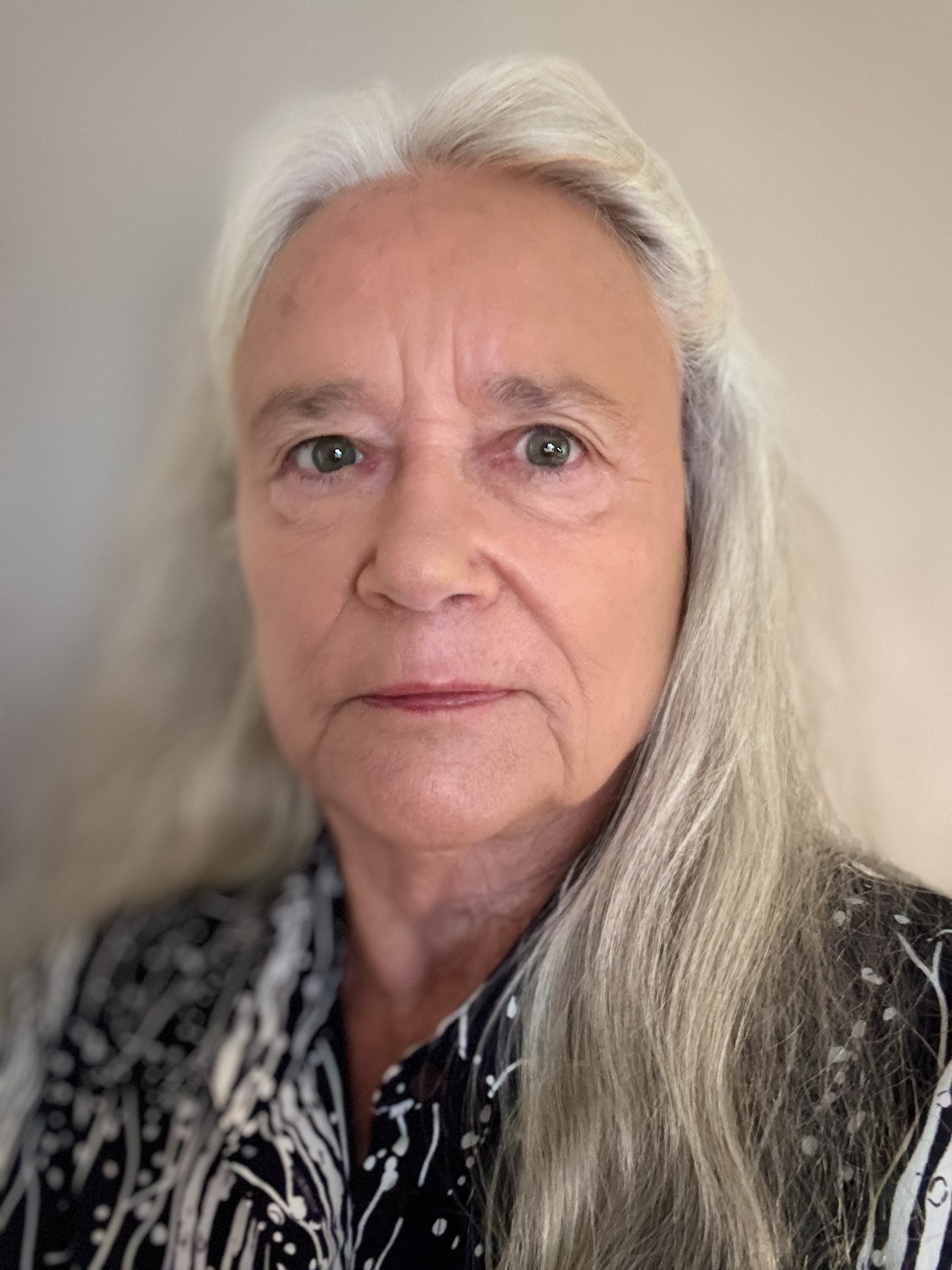Tutorial : Dublin Core Tabular Application Profiles
- Long title
- Dublin Core Tabular Application Profiles: how to communicate metadata needs and solutions
- Starts at
- Wed, Oct 23, 2024, 12:00 EDT
- Finishes at
- Sun, Oct 20, 2024, 13:00 EDT
- Venue
- DSI Seminar room
- Moderator
- Inkyung Choi
Dublin Core Tabular Application Profiles: how to communicate metadata needs and solutions.
Dublin Core Tabular Application Profiles (DC TAP) has been a DCMI Community Specification since September 2023. It was created by the DCMI Application Profiles Working Group in order to provide human-readable and machine-actionable representations of Metadata Application Profiles that describe, explain, and define rules for how existing vocabularies and models should be used in metadata instances. Such a document is particularly useful in helping a community reach agreement on its metadata needs and desired solutions.
In this hands-on tutorial we shall introduce the concept of metadata application profiles, with examples, and explain how DC TAP encodes such profiles. We shall start with simple profiles in order to introduce the key concepts, but we shall ensure that real-world profiles are also covered. Participants will be encouraged to bring examples from their own work that they can use to explore how they could use DC TAP in their own work. We shall illustrate and explore extensions to DC TAP and software applications that allow TAPs to be transformed into ShEx and SHACL, machine encodings of metadata requirements that can be used for data conformance testing and other uses.
PRIOR KNOWLEDGE
As well as a solid understanding of metadata, especially RDF concepts such as nodes, properties, vocabularies, participants should be able edit tabular data, e.g. data in Google sheets, and save it in CSV format. Participants who are able to install python software from github and run it on their own machines will be able to use the conversion software. For those who cannot install and run python software there will be some facility to use online tools.
LAPTOP REQUIREMENTS
Attendees wishing to take advantage of the opportunity to create a DC TAP will need access to software that can generate CSV files, for example MS Excel or Google Sheets. Those wishing to explore the python DC TAP processing tools will need access to python and be able to install from github.
-

Phil Barker
Cetis LLP
My main interests are in technology to enhance learning and information systems for education. I am particularly interested in supporting the sharing, discovery and selection of appropriate learning resources. Much of the work I do is with Cetis LLP, a cooperative consultancy for innovation in educational technology. Through a consultancy with Credential Engine I help develop the Credential Transparency Description Language (CTDL). I chair the DCMI LRMI task group; in the past I chaired the Schema Course Extension, and the Educational and Occupational Credentials W3C Community Groups. -

Karen Coyle
DCMI
Karen Coyle is a librarian specializing in metadata standards. She has served on standards efforts including the MARC standards group (MARBI), NISO committee AX for the OpenURL standard, W3C's SHACL specification, and was an ALA representative to the e-book standards development that led to the ePub standard. She is currently investigating the possibilities offered by the semantic web and linked data technology, working with the Dublin Core Metadata Initiative. Karen's publications are available on her web site, https://kcoyle.net.
Moderator
-

Inkyung Choi
OCLC
Inkyung Choi received her MLIS at Syracuse University and PhD at the University of Wisconsin-Milwaukee. She served as a teaching assistant professor and taught metadata, linked data, information modeling, information organization at the School of Information Sciences at the University of Illinois Urbana-Champaign. She currently serves on DCMI education committee and actively engages with members of metadata community worldwide. Her research interests are knowledge organization, metadata, ontology, and linked data.





